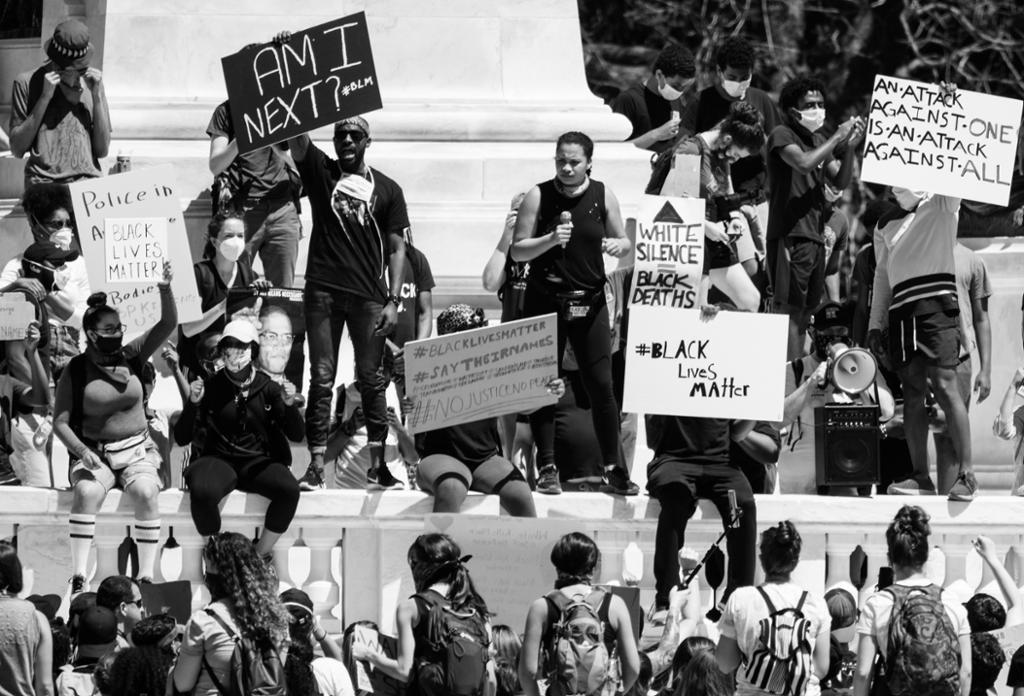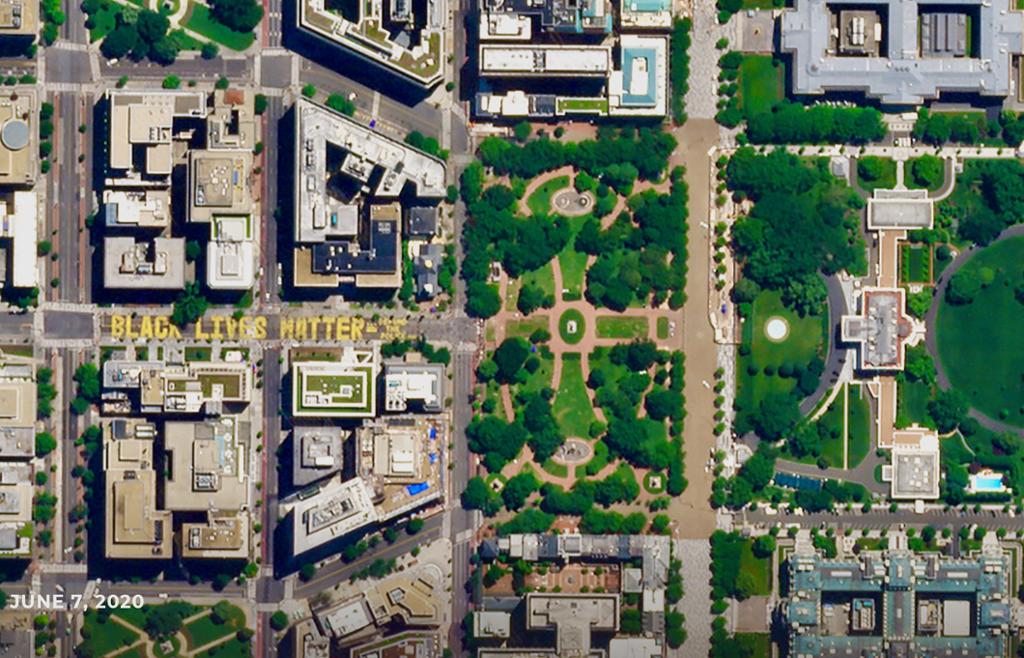The Fight for Racial Equality

African Americans make up about 13% of the general American population, but they have for a long time outnumbered whites in American prisons. In 2018, The Sentencing Project published a report highlighting these findings:
African Americans are incarcerated in state prisons at a rate that is five to one times higher than the imprisonment of whites. In five states (Iowa, Minnesota, New Jersey, Vermont, and Wisconsin), the disparity is more than ten to one.
In twelve states, more than half of the prison population is Black.
In eleven states, at least one in 20 Black adult males are in prison.
In Oklahoma, which is the state with the highest overall Black incarceration rate, one in 15 Black males over the age of 18 is in prison.
According to Pew Research Center, the incarceration rate of African Americans is slowly falling. But the discrepancies are still unsettling: with only 13% of the US population, African Americans still account for 33% of people serving a prison sentence. White people make up 63% of the population, yet only 30% of prison inmates are white.
In this age of social media and instant communication, several grassroots movements have emerged. Social activism can be defined as an intentional action with the goal of bringing about social change. Two central examples of social activism are the #metoo movement and the #BlackLivesMatter (BLM) movement.
The BLM movement began in 2013 following the death of Trayvon Martin, an African American teenager who was shot while walking to a family friend's house, and the subsequent acquittal of George Zimmerman, the man who shot him. As a response to this atrocity, three African American women, Alicia Garza, Patrisse Cullors, and Opal Tometi, created a Black-centred political movement called #BlackLivesMatter.
Unfortunately, the death of Trayvon Martin was not an isolated incident. There is a long list of examples of police officers killing African American suspects. With every tragedy, the outrage has grown, not only online but also with demonstrations and visible protests known as die-ins, in which the participants pretend to be dead (a play on the traditional sit-ins from the Civil Rights era). Before long, the #BLM hashtag became synonymous with the 400 years of suffering that African Americans have experienced in America.

In August 2016, San Francisco 49ers’ quarterback, Colin Kaepernick, started kneeling during the national anthem before preseason games in the NFL. Asked why he did that, he responded:
I am not going to stand up to show pride in a flag for a country that oppresses black people and people of color. To me, this is bigger than football and it would be selfish on my part to look the other way. There are bodies in the street and people getting paid leave and getting away with murder.
As this protest spread among other players in the NFL, it caught the ire of newly elected president Donald Trump. During a political rally in Alabama, he said: “Wouldn’t you love to see one of these NFL owners, when somebody disrespects our flag, to say, ‘Get that son of a bitch off the field right now. Out! He’s fired. He’s fired!’”.
BLM's and Kaepernick’s protest joined forces on a worldwide scale when all the players in the English Premier League started wearing kits that read 'Black Lives Matter', instead of their own names. Additionally, they started kneeling before every game in solidarity with the BLM movement. As the captain of the English National Team, Harry Kane, put it:
Education is the biggest thing we can do. Adults can teach generations what it [BLM] means, and what it means to be together and help each other no matter what your race.
When Kaepernick's contract was up, it was not renewed. He has not been signed by any team since 2017. It is believed he is being penalised for his activism.
On the 25th of May 2020, George Floyd was killed. He was suffocated when a white policeman knelt on his neck for more than eight minutes. This was caught on video by several bystanders who pleaded with the policeman to release the pressure on his neck. Almost immediately, the video went viral, which led to nationwide civil unrest and protests in which between 15 and 26 million people participated. This made the protests one of the largest movements in the country’s history.
In a landmark case, Derek Chauvin, the white police officer who killed George Floyd, was found guilty of second-degree murder and was given a lengthy prison sentence. On the 25th of May 2021, the one-year anniversary of George Floyd’s murder was remembered with marches and protests all over the United States. Subsequently, President Biden tweeted the following:
It’s been one year since George Floyd was murdered. In that time, George’s family has shown extraordinary courage. Last month’s conviction [of Chauvin] was a step towards justice – but we cannot stop there. We face an inflection point. We have to act.
Relatert innhold
An interview with Patrisse Khan-Cullors, one of the founders of #BlackLivesMatter
Whose streets? is a 2017 documentary about the killing of Michael Brown and the Ferguson uprising that followed after his death.